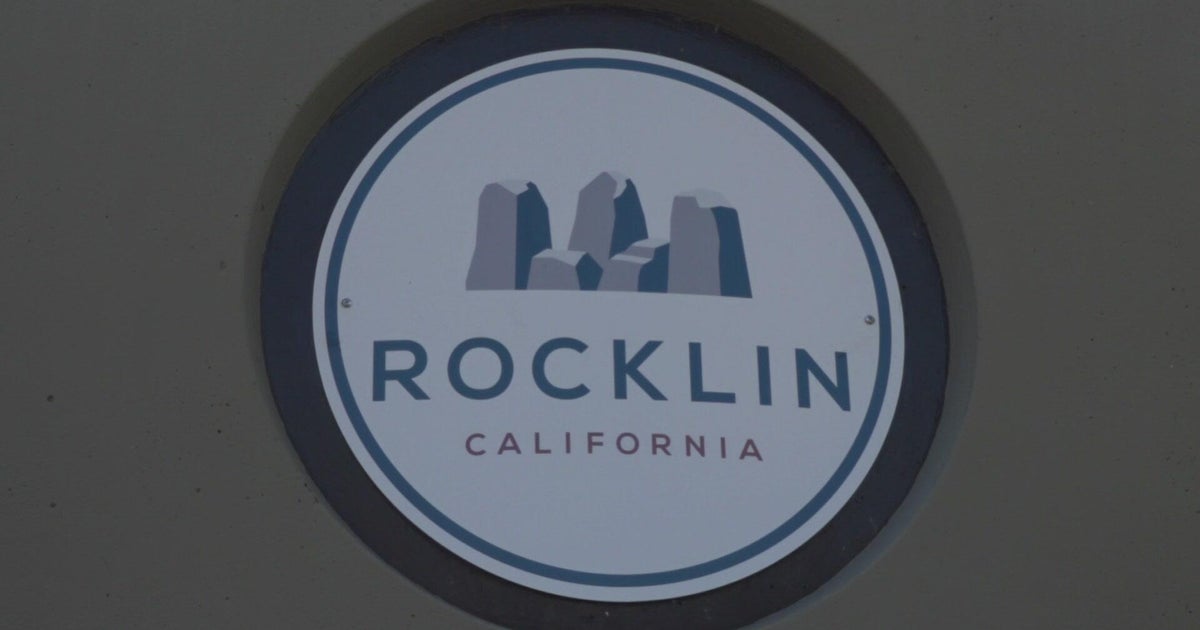More Citizens policies teed up for private insurers
TALLAHASSEE - Amid a push to move policyholders into the private market, regulators have approved proposals by six private insurers to take as many 153,000 policies from the state's Citizens Property Insurance Corp.
Insurance Commissioner Michael Yaworsky signed six orders on Friday and Monday giving the go-ahead to the private insurers to make offers to Citizens customers. The state Office of Insurance Regulation issued similar orders July 31 and Sept. 1 that could lead to insurers taking as many as 386,000 policies from Citizens.
The number of policies that end up leaving Citizens likely will be significantly lower than the approved totals. Nevertheless, what is known as "depopulation" is a key state strategy for trying to shrink Citizens, which has grown to more than 1.4 million policies because of financial problems in the private market.
"Depop (depopulation) is critically important," Citizens President and CEO Tim Cerio said last week. "We've got to do it for the health of the market."
The orders signed in recent days by Yaworksy will allow the six insurers to assume policies from Citizens on Dec. 19. They will allow Slide Insurance Co. to assume up to 75,000 policies; TypTap Insurance Co. to assume up to 25,000; Safepoint Insurance Co. to assume up to 16,000; Florida Peninsula Insurance Co. to assume up to 15,000; American Traditions Insurance Co. to assume up to 12,000; and Edison Insurance Co. to assume up to 10,000.
Many state leaders have long sought to move customers out of Citizens into the private market, at least in part because of the risk that policyholders across the state - including people who do not have Citizens policies - could be forced to help pay claims after a major hurricane or multiple hurricanes.
But officials say Citizens often charges lower premiums than private insurers, reducing the incentive for customers to leave Citizens.
That helped lead to lawmakers passing a measure in December that required Citizens customers to accept offers of coverage from private insurers if the offers are within 20 percent of the cost of Citizens premiums. For example, if a homeowner received an offer of coverage from a private insurer that is 19 percent higher than the Citizens premium, the homeowner would have to accept it.
But the new orders signed by Yaworsky also would prevent the private insurers from raising rates by more than 40 percent for policyholders coming from Citizens. Such a limit was not included in the orders signed July 31 and Sept. 1.
"Because of the potential harmful impact to Florida policyholders, Edison shall not make takeout offers to Citizens policyholders that are more than 40 percent higher than the policyholder's estimated renewal premium with Citizens," the Edison Insurance order said. Virtually identical limits were included in the other new orders.
During a Citizens Board of Governors meeting last week, officials expressed concerns about making sure customers targeted by the private companies see the offers and make informed decisions. One of the concerns stemmed from companies making offers to large numbers of customers that would lead to premium increases higher than 20 percent.
If offers are higher than the 20 percent threshold, policyholders have to notify Citizens that they want to keep Citizens coverage. The concern, at least in part, was that some customers would not read the notices and would be shifted into the private market at much higher rates.
It remains too early to know how many policies approved in the July 31 and Sept. 1 orders will shift from Citizens to the private market. The July orders, for example, will allow insurers to start assuming policies on Oct. 17.
Slide, Safepoint, Florida Peninsula, and Edison also were approved to take policies in one or both of the July 31 and Sept. 1 sets of orders.
Citizens, which was created as an insurer of last resort, had 1,406,189 policies as of Friday. As illustrations of its growth, Citizens had 511,055 policies on Sept. 30, 2020; 708,919 policies on Sept. 30, 2021; and 1,071,850 policies on Sept. 30, 2022, according to its website.







